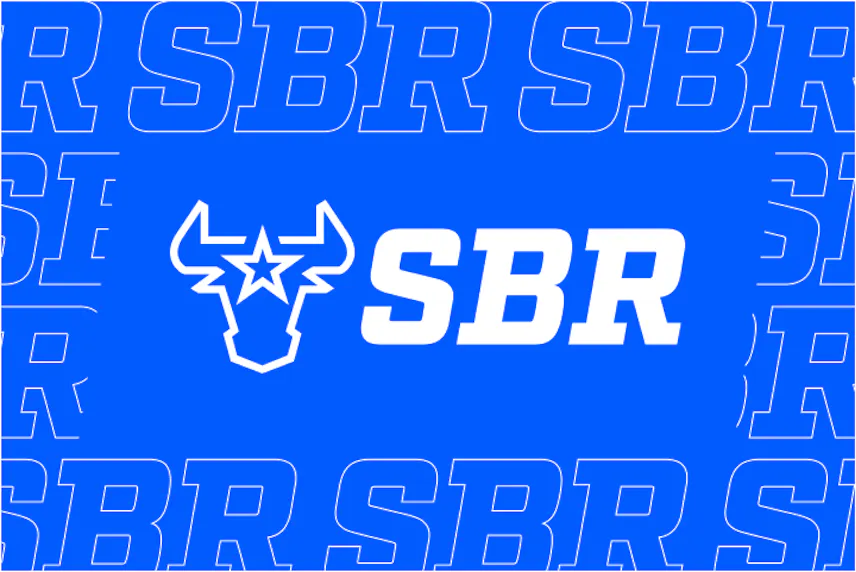WynnBET Pulling Out of 8 States

Last Updated: August 14, 2023 3:57 PM EDT • 3 minute read X Social Google News Link

WynnBET is taking the drastic step of ceasing operations in eight of its current U.S. jurisdictions. The news curiously comes on the heels of the legal sports betting provider and one of the best sports betting sites launching a new app aimed at improving the overall quality of gambling experience in the U.S. market.
On Friday, it was abruptly announced that Wynn Resorts will cease operations in Arizona, Colorado, Indiana, Louisiana, New Jersey, Tennessee, Virginia, and West Virginia "as soon as possible."
“Sports betting’s a tough business,” Julie Cameron-Doe, Wynn Resorts’ chief financial officer, admitted Wednesday during a somewhat shocking earnings call.
The WynnBET presence in Nevada and Massachusetts, where Wynn Resorts currently has a retail legal sports betting wing will continue on, while the company seems noncommittal on New York and Michigan at this point in time.
Ugly market share numbers
WynnBET has largely been unable to catch on in most of the jurisdictions they have a presence. Simply put, they have not been a factor in the eight states that they are pulling out of. Competition is fierce with the "Top-2", FanDuel and DraftKings sucking up an estimated combined 75%-plus markets share across America.
WynnBET hasn't come close to the market share of some of their main competitors across America including FanDuel, DraftKings, BetMGM, Caesars, and Ruch Street Interactive, the last four of which actually achieved profitability for the first time during Q2 of their fiscal year.
WynnBET's most successful state has been Maryland where they have captured a 3.68% market share. In Arizona, the sports betting provider has a reported 0.91% market share, Indiana has WynnBET with a 0.67% share, in New York it's 0.62%, Michigan 0.59% and in Virginia, WynnBET has a 0.56% market share.
All of those states are underwhelming, bordering on dreadful.
Other reasons
WynnBET's issues aren't just about their inability to catch on with American bettors. There are other factors that have led to their ultimate demise in eight markets.
Customer acquisition costs necessary to compete with the Big Dogs in the U.S. legal sports betting industry are largely untenable for smaller providers. FanDuel, DraftKings, BetMGM and Caesars for example have deeper pockets and revenue streams to maintain their investment in customer acquisitions.
“In light of the continued requirement for outsized marketing spend through user acquisition and promotions in online sports betting, we believe there are higher and better uses of capital deployment for Wynn Resorts shareholders,” said Cameron-Doe.
WynnBET has also been unable to maintain a decent win-rate in their locations across America. The industry norm cited as the minimum to make money has been pegged at 7% - Wynn is at about 6%. It has a 5.34% win rate in Arizona and 5.23% in New York, two of their most important jurisdictions.
Opening up some opportunities
WynnBET's departure in a couple of legal sports betting state will open up the opportunity for other sportsbooks to expand their footprint. Arizona and Virginia, specifically, have caps on how many sportsbooks are allowed to operate in their states.
In Arizona, the WynnBET departure puts four "skins" up for grabs and, in Virginia, WynnBET's misfortune means that there will be one sports betting license available there. Look for Fanatics to move in on Arizona.
Just the latest U.S. sportsbook to go down
The dominant theme surrounding the U.S. legal sports betting industry has been its overall success. But the last couple of months especially has revealed another side of the business.
Flutter Entertainment and Fox Corp. have announced the shutting down of the FOX Bet brand, PointsBet sold off their U.S. assets to Fanatics, and Fubo Sportsbook and MaximBet were forced to shutter their operations last year.
WynnBET is just the latest tale of the sports betting gold rush in the U.S. not quite being that boon for every provider. It appears that there indeed isn’t enough to go around and that smaller providers are in an uphill battle against the industry behemoths.

Dave Bonderoff X social





